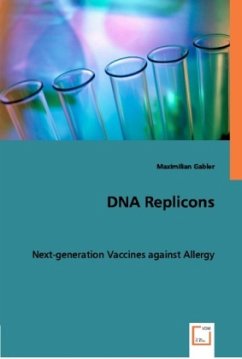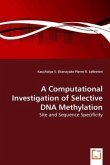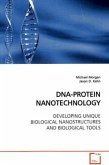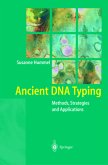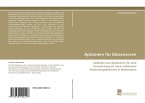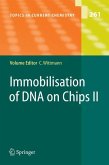In this study, DNA vaccines based on alphaviral replicases (DNA replicons) were evaluated with respect to their protective and therapeutic capacity for treatment of type I allergy. DNA replicons display specific danger signals and offer an excellent safety profile based on apoptotic elimination of transfected host cells thereby preventing undesirable long-term expression of the transfected gene. Using the model allergen beta-Galactosidase in a protective approach, the results showed that a replicase-based DNA vaccine can induce a comparable immune response at a more than 1000-fold lower dose than a conventional DNA vaccine. DNA replicon doses as low as 10 ng significantly prevented from IgE induction by subcutaneous protein sensitization. Furthermore, in a therapeutic approach with the same construct, DNA replicons balanced an ongoing allergic response. These data were confirmed with a DNA replicon encoding the clinically relevant timothy grass pollen allergen Phl p 5. In addition, lung pathology could be prevented by pre-vaccination with DNA replicons as measured by the magnitude of eosinophilia, goblet cell hyperplasia, IL-5 production and proliferation of endothelial cells.
Bitte wählen Sie Ihr Anliegen aus.
Rechnungen
Retourenschein anfordern
Bestellstatus
Storno

